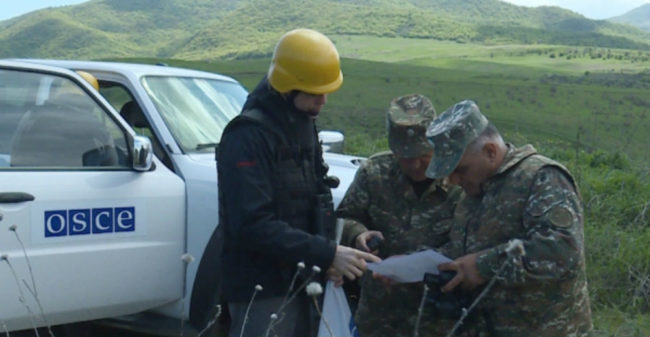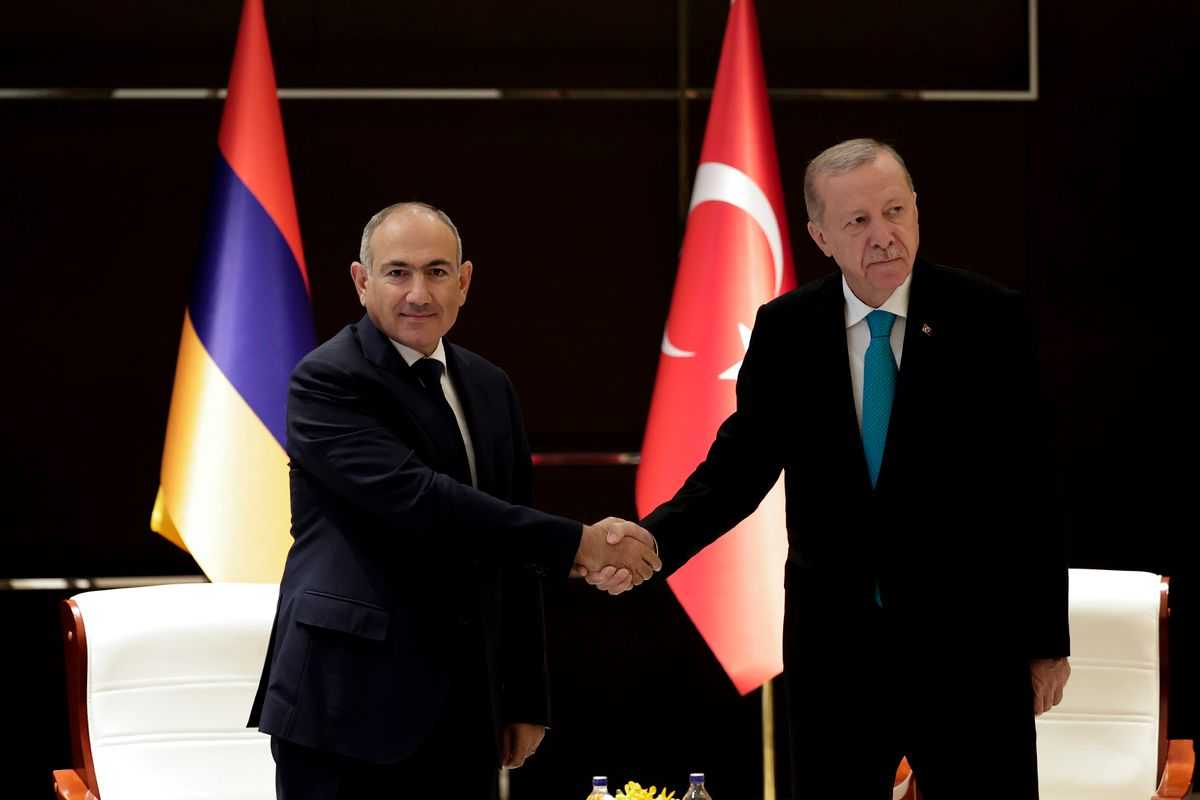

 The Organisation for Security and Cooperation in Europe (OSCE) has closed down their office in Armenia, marking their departure from the South Caucasus region. This follows the closure of their offices in Azerbaijan and Georgia in past years. The OSCE claim that the decision was made after they failed to reach an agreement amongst member countries to extend their mandate in Armenia.
The Organisation for Security and Cooperation in Europe (OSCE) has closed down their office in Armenia, marking their departure from the South Caucasus region. This follows the closure of their offices in Azerbaijan and Georgia in past years. The OSCE claim that the decision was made after they failed to reach an agreement amongst member countries to extend their mandate in Armenia.
‘I regret the fact that despite lengthy and extensive efforts, the Permanent Council has been unable to reach consensus on the continuation of the OSCE Office in Yerevan’s important work’, Christian Muttonen, OSCE Parliamentary Assembly President, said on 4 May.
Kristian Vigenin, the OSCE’s Special Representative on the South Caucasus, said that they will remain active in the South Caucasus, and hopes that it will be possible to change the decision and reach an agreement before the mission’s term expires.
‘Following the closure of OSCE field operations in Georgia and Azerbaijan in past years, the Office in Yerevan has both a symbolic and practical importance that should not be overlooked’, he remarked.
Tigran Balayan, spokesperson for the Foreign Ministry of Armenia, blamed Azerbaijan for the decision, claiming that they interfere with the OSCE’s activities in Armenia.
‘Azerbaijan, both in its domestic and foreign policy, is trampling on an everyday basis the OSCE principles and commitments to this Organisation and, in this regard, is the object of constant international criticism’, he said.
He said that Armenia is ready to cooperate with the OSCE. The office is expected to close within the next few months
The mission to Georgia’s mandate expired on 31 December 2008, after the OSCE Permanent Council failed to reach consensus on its renewal in the wake of the hostilities in South Ossetia in August of that year.
There is an EU led monitoring mission in Georgia, however, unlike the OSCE they do not have access to Abkhazia and South Ossetian controlled areas.
The OSCE closed its Azerbaijan office in 2015. OSCE spokesman Shiv Sharma said at the time that the closure was the ’intention of the Azerbaijani authorities’.









